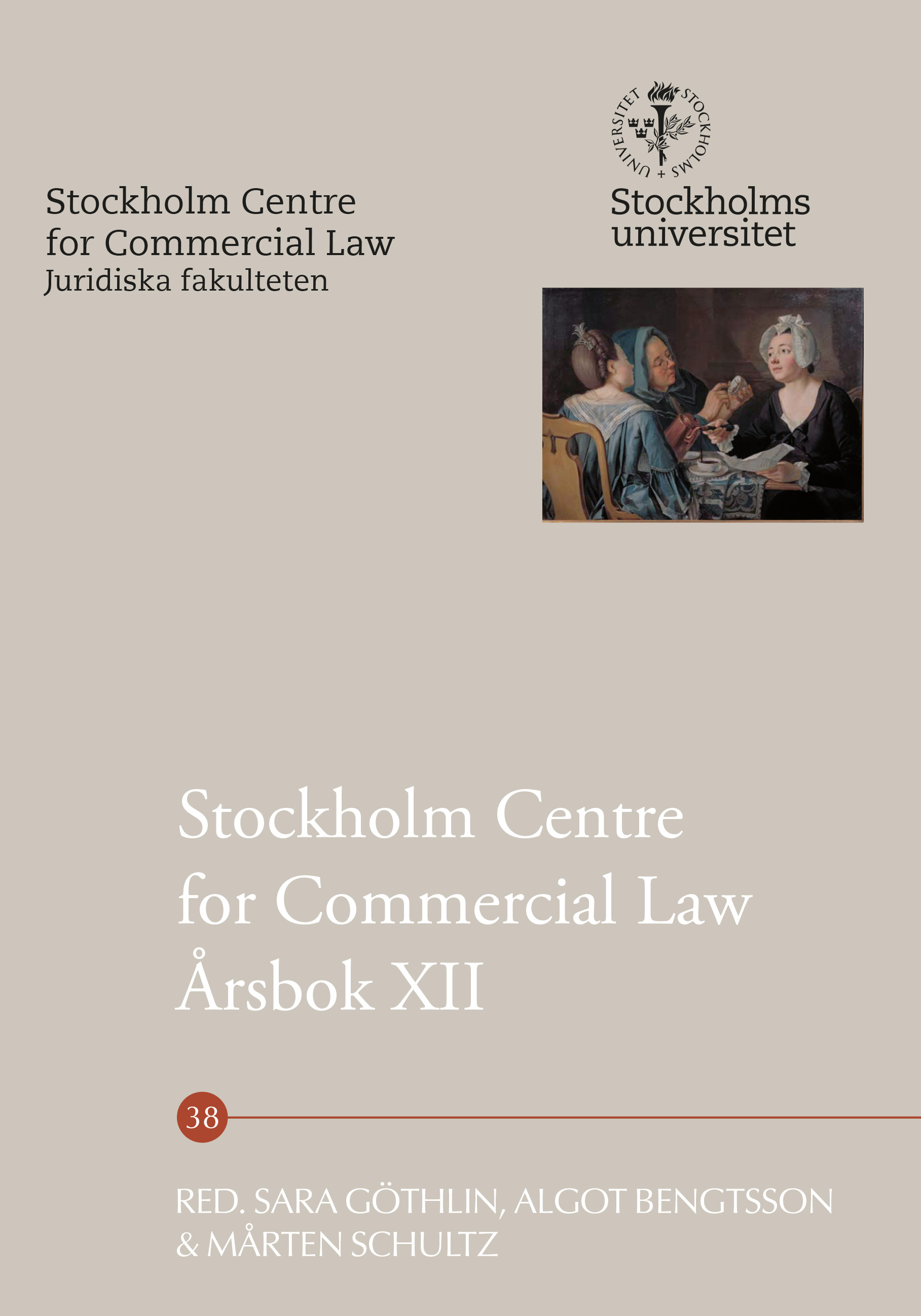Methods of Ex-Ante Evaluation in Legislation: The Swedish model
Abstract
Regardless of the legal system under consideration, evaluation of legislation is, second only to the drafting of the acts, probably the most important phase in the legislative lawmaking in a democratic form of state. From the legal discourse perspective, it is during evaluation, and in particular ex-ante evaluation, that the legal actors can scrutinize whether the result of the legislative processes (namely the new act) actually fulfills all the requirements necessary for it to (potentially) move from being legislation on paper to becoming legislation in force, i.e., to concretely achieve the goals set in it by the legislative bodies. Looking at the Swedish example, one can see that the Scandinavian country has structured an extremely articulated and well-developed system of ex-ante evaluation for new legislation. Actually, this form of evaluation isthe only one taking place in Swedish legislative lawmaking. Though there are some scattered examples of ex-post evaluation, the idea is quite foreign to the Swedish legislator (albeit not entirely). For instance, there are very rare cases in Sweden where a legislative act includes a clause setting a certain timeframe after which the legislator (or a public agency, in the case of an administrative regulation) will evaluate whether the act should be withdrawn, left in place, or amended based on its results.


